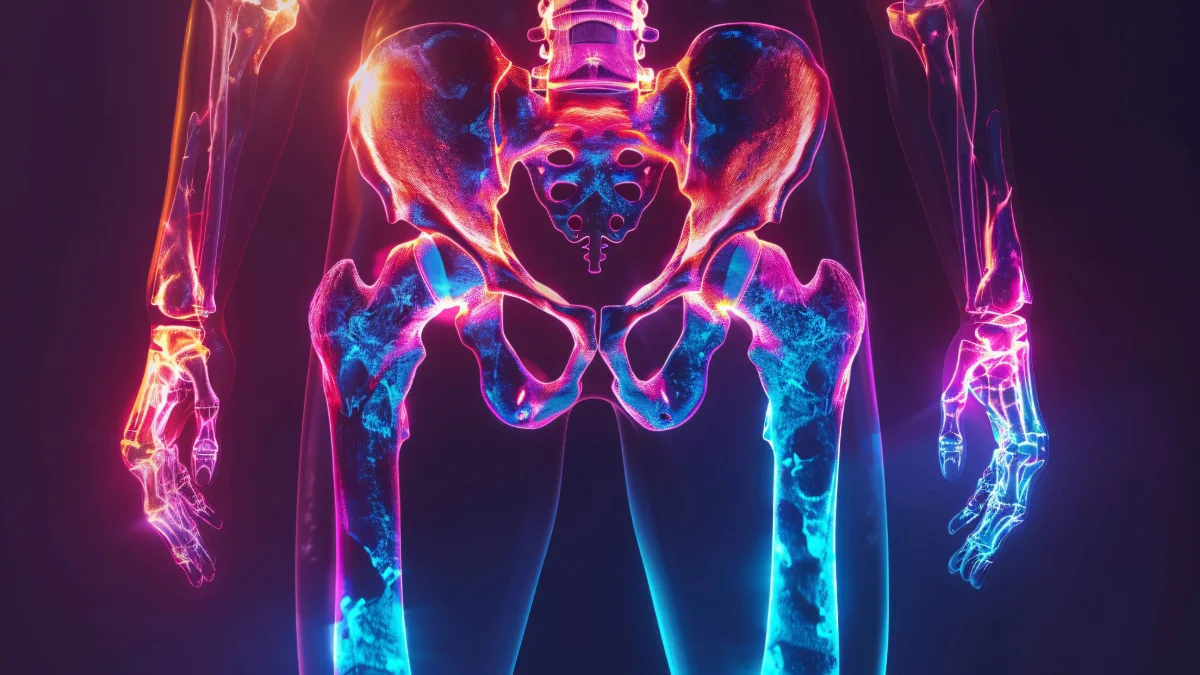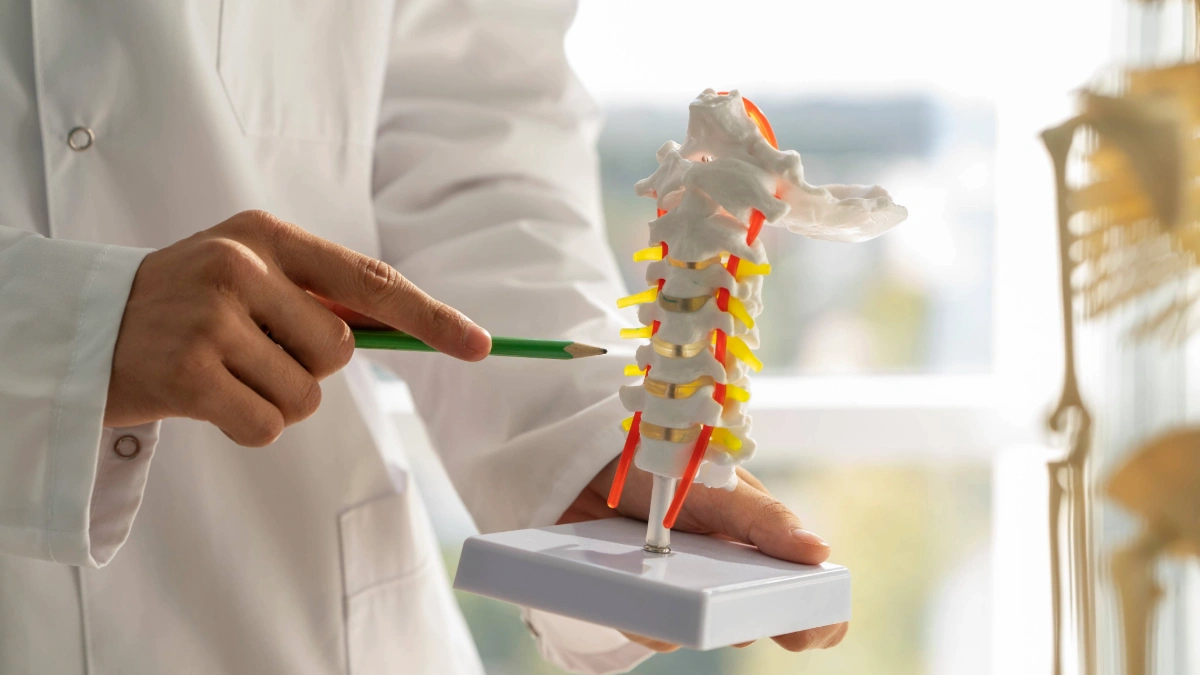Thyroid cancer treatment in Turkey stands out due to the integration of highly skilled medical professionals, state-of-the-art facilities, and innovative treatment protocols. Located at the crossroads of Europe and Asia, Turkey offers advanced healthcare services paired with an opportunity to experience its rich culture and history.
Why Opt for Turkey for Thyroid Cancer Treatment?
Expert Thyroid Oncologists and Medical Teams
In Turkey, thyroid cancer patients are treated by acclaimed oncologists who are recognized for their expertise in the field of thyroid disorders. Moreover, these specialists are proficient in employing the latest medical advancements to ensure precise diagnoses and tailor treatment plans that best suit the patient’s condition.
Cutting-edge Diagnostic Technologies
Turkish medical institutes are equipped with the latest diagnostic technologies such as high-resolution ultrasound, fine-needle aspiration biopsies, and comprehensive molecular testing. These tools aid in the accurate staging of thyroid cancer, which is crucial for formulating an effective treatment strategy.
Innovative Treatment Modalities
The approach to thyroid cancer treatment in Turkey includes a spectrum of modalities:
- Surgery (Total Thyroidectomy, Lobectomy)
- Radioactive Iodine Therapy
- Hormone Therapy
- Targeted Therapy
- Radiation Therapy
Each treatment is selected based on the individual’s specific medical need, designed to maximize outcomes while minimizing adverse effects.
Patient Care
Beyond the medical treatments, the Turkish healthcare system offers a holistic approach to patient care. Furthermore, nutritional support, pain management, and psychological counseling are part of the comprehensive care that enhances the patient’s recovery and well-being.
Affordability of Care
High-quality medical treatments in Turkey are more affordable compared to Western countries. This, coupled with Turkey’s modern healthcare facilities, makes it an attractive destination for medical tourists seeking thyroid cancer treatment.
Detailed Overview of Thyroid Cancer Treatment Options in Turkey
Surgical Treatments
Surgical intervention remains the cornerstone of thyroid cancer treatment. Depending on the type and stage of the cancer, patients may undergo varying degrees of surgical intervention.
- Total Thyroidectomy: Removal of the entire thyroid gland, often necessary for widespread thyroid cancer.
- Lobectomy: Removal of one lobe of the thyroid gland, suitable for smaller or less aggressive cancer.
- Lymph Node Dissection: Often performed alongside thyroidectomy to prevent the spread of cancer.
Radioactive Iodine Treatment
After surgical removal of the thyroid, radioactive iodine treatment may be proposed to eliminate residual cancer cells. This treatment involves ingesting radioactive iodine, which selectively destroys thyroid cancer cells with minimal exposure to radiation.
Hormone Replacement Therapy
Post-thyroidectomy, patients will generally require hormone replacement therapy to compensate for the lack of thyroid hormone production. This treatment is vital not only to maintain normal metabolic functions but also to prevent the recurrence of cancer.
Targeted Therapy and Radiation Therapy
For advanced thyroid cancer cases or when traditional treatments are not viable, targeted therapies and radiation therapy are employed. These treatments focus on limiting the growth and spread of cancer cells while preserving surrounding healthy tissues.
Avicenna International Hospital
Located in the heart of Istanbul, Avicenna International Hospital is renowned for its exceptional healthcare services and specialized treatment of thyroid disorders. The hospital’s endocrinology and oncology departments offer personalized care, leveraging innovative therapies to treat thyroid cancer effectively.
Patients and families are encouraged to contact Avicenna International Hospital for consultations or more information on tailored treatment plans.
Recovery can vary, but typically it takes several weeks to a few months for initial recovery. Hormonal balance might take a bit longer, up to a year.
Possible side effects include dry mouth, mild neck swelling, and in rare cases, altered taste. These are generally temporary and manageable.







